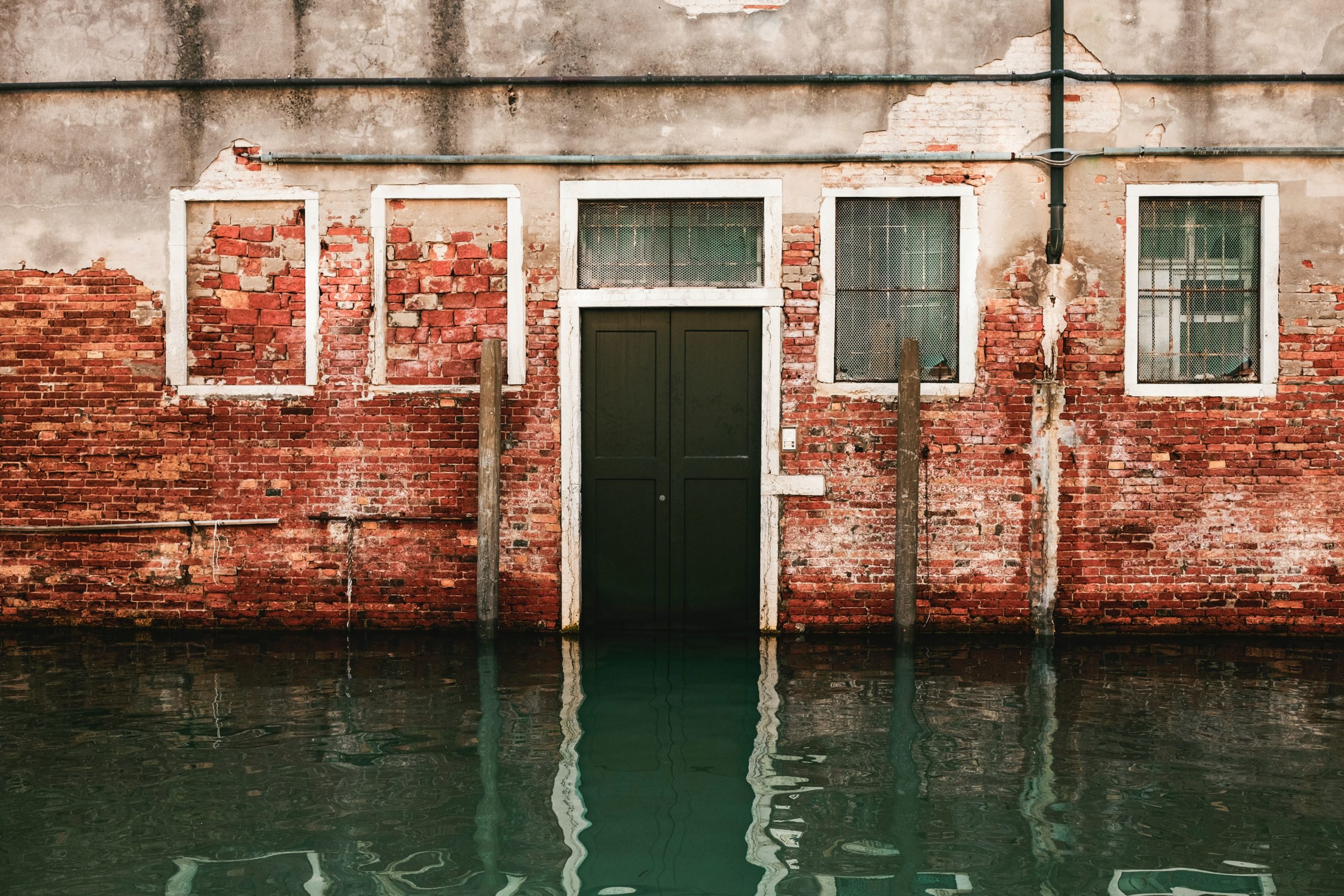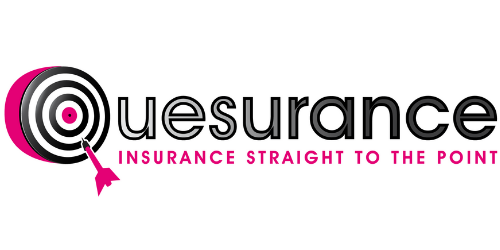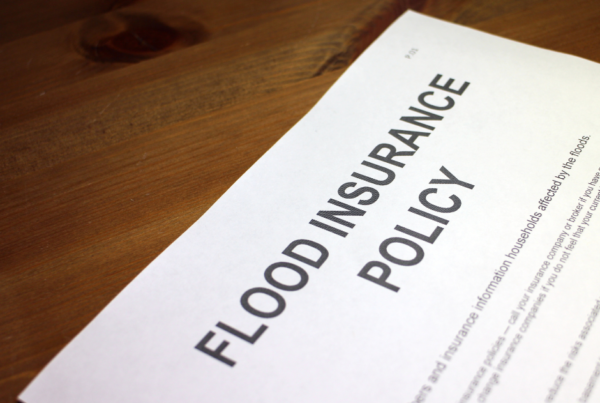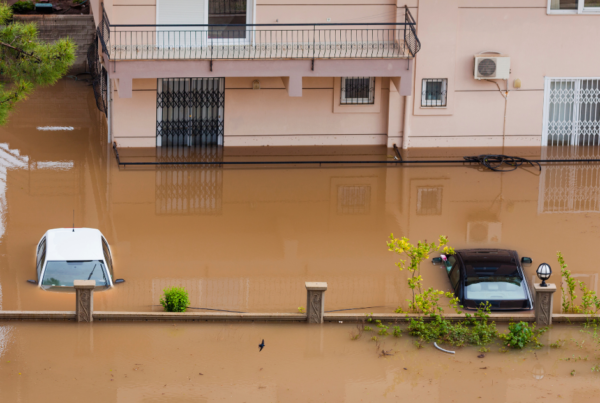
Many homeowners fail to consider the local dangers present in the area when choosing a home. Some places might be prone to wildfires, while others might experience flooding regularly due to being close to bodies of water. Taking care of a home can be daunting, especially knowing when the seasonal changes start to sweep in. These changes are the reason why insurance companies are essential in owning a home.
Flood insurance has its uses and can definitely pull you out of a complicated situation after heavy rainfall. You might even need this policy more if the home under your name is vacant and at risk for natural disasters. In the United States alone, floods cause millions of dollars in damages each year, which is why the National Flood Insurance Program was created in 1968. With properties considerably at risk from water damages, there are many reasons why your home will benefit from these insurance policies. Here are some of the top reasons why all US homeowners need to cough up money for flood insurance costs if they are found in danger zones:
-
Floods Occur In All States of the United States
It doesn’t matter where you find yourself in the US. Flash floods and other flooding instances are the top natural disaster in all states, which means that your home or property might be found in a risk-zone. Look into the local area and see if there are even minor instances, as these can materialize into something more significant due to even more inclement weather.
-
Flood Areas Claim Up to 20% of Insurance Policy Claims
Not only are high-risk zones at risk for extreme damages, but even smaller-scale floods cause issues. In fact, one-fifth of the insurance claims made are because of water damages in a home, regardless of whether it is in a high or low-risk area.
-
Flooding Is More of a Risk Than a Fire
While you shouldn’t skimp on your fire-risk policies, flooding is a significant problem for the average home of today’s world. In high-risk zones, flooding will be more of an issue than fires for most homeowners, which means that a former policy can be of assistance.
-
The Slightest Bit of Water Can Cause Thousands of Dollars In Damages
Water doesn’t just destroy furniture and other essential items in a home after a flood, but when this isn’t cleaned up properly, it may cause hundreds of thousands of dollars in damages. You’ll have to think about the structural integrity of your home, as well as the cleanup process to prevent mold and mildew growth. Additionally, water that doesn’t reach your house might sweep your car away if parked on the street. You’ll definitely want the interior of your flooded vehicle clean and up to spec afterward.
-
Federal Disaster Assistance Can Be Problematic
You might be able to take on federal disaster assistance after a flood, but this is like a loan that you’ll still have to repay to the government over time. If you compare this to a policy you purchased from insurance companies, it offers the maximum coverage for flooding and water damages, which means you won’t be shelling out anything. Flood insurance costs are not expensive when you factor in how much money you can get in any event of damages, so consider them before you decide to write these off.
Conclusion
Insurance companies are always working to give policyholders the best out of what they pay for with the premiums. It can be extremely damaging to deal with life’s uncertainties, and your home is undoubtedly the most expensive asset you own. Leaving this up to life’s terms can lead you to shell out hundreds of thousands in repairs, which makes it difficult to recover from a series of unfortunate events.
Quesurance is a premium flood insurance provider in New Jersey. We can assist with various policies and premiums available for all home and business owners in the area. Contact us to learn more about how insurance can save your life one day.





